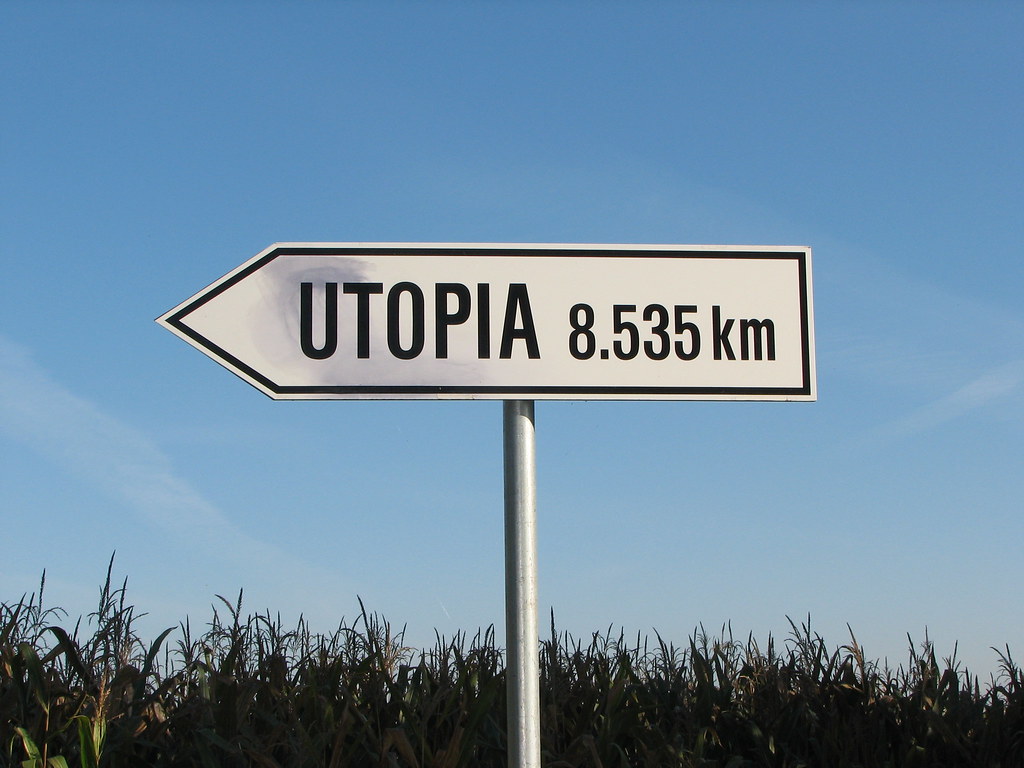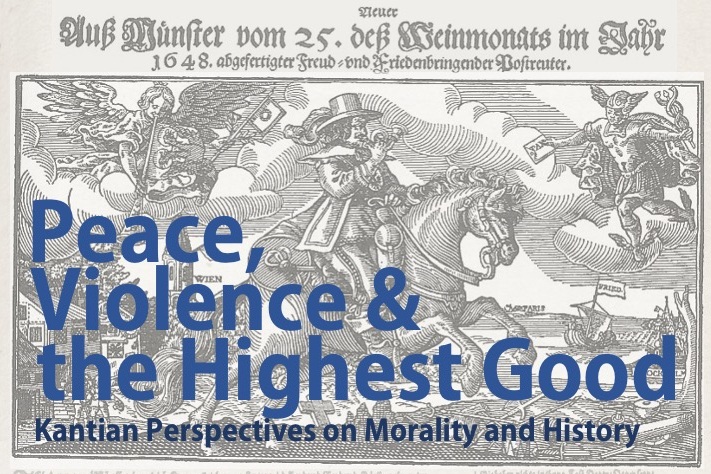


In addition to the articles and opinion pieces that delve into the moral complexities of war, there is an upcoming workshop titled 'Peace, Violence, and the Highest Good: Kantian Perspectives on Morality and History' that aims to explore the views of Immanuel Kant and the German Enlightenment on the moral demand for peace [fc96632f]. The workshop, scheduled for March 8, will feature speakers from Marquette University, UW — Milwaukee, and Northwestern University. It will discuss the implications and limitations of Kantian perspectives on peace and relate them to contemporary issues such as conflicts, environmental protection, human rights, and racial justice. Hosted by the Department of Philosophy in the Klingler College of Arts and Sciences, the workshop is open to all who are interested in attending.
This workshop adds another dimension to the ongoing conversation about the moral complexities of war and the search for justice. By exploring the philosophical perspectives of Immanuel Kant and the German Enlightenment, the workshop aims to shed further light on the moral demand for peace and its implications in today's world. It provides an opportunity for scholars and participants to engage in meaningful discussions about the intersection of morality, history, and contemporary issues.
In addition to the Kantian perspectives on peace, it is also worth considering the utopian thinking of German philosopher Ernst Bloch. Bloch's thoughts on history, human consciousness, revolution, Marxism, religion, and fascism are explored in a recent article [ec60c0cf]. The article discusses two books that provide an introduction to Bloch's philosophy: 'A Primer on Utopian Philosophy: An Introduction to the Philosophy of Ernst Bloch' by Jon Greenaway and 'Ernst Bloch: A Primer' by Mat Callahan and Yvonne Moore. These books offer insights into Bloch's utopianism and can serve as a starting point for further exploration of his ideas.
By examining both Kantian perspectives on morality and peace and Bloch's utopian thinking, we can gain a more comprehensive understanding of the philosophical underpinnings of peace, justice, and the human condition. These perspectives contribute to the ongoing discourse on the moral complexities of war and the search for a more just and peaceful world.
Immanuel Kant's philosophy remains relevant amid today's wars, as his ideas have revolutionized philosophy and made him a pioneer of the Enlightenment [efb1e4e2]. Many of his insights are still valid today, including his recommendation for a 'league of nations' as a federal community of republican states to achieve lasting peace. Kant also developed a world citizenship law and advocated for the humane treatment of refugees. He believed in the power of reason and arguments, formulating the 'categorical imperative' as a basic rule for ethical behavior. Kant's teachings laid the foundations for a new way of thinking and declared human reason as the standard for all actions. Despite some controversies and prejudices, Kant was not a racist or misanthrope. Germany is commemorating Kant's legacy with various events in 2024, including exhibitions and academic conferences [efb1e4e2].
Monday marks the 300th anniversary of Immanuel Kant’s birth. Kant's thought enables us to see the horrors of the 20th century, including the Shoah. Jacques Lacan's thesis on 'Kant avec Sade' argues that Kant's ethical attitude is somehow identical to the indulgence in pleasurable violence associated with the Marquis de Sade. The article questions if there is a line from Kantian ethics to the Auschwitz killing machine and if the Nazis' concentration camps and mode of killing are inherent in the enlightened insistence on the autonomy of reason. The article also explores the affinity between 'Kant avec Sade' and Fascist torture portrayed in Pier Paolo Pasolini's film '120 Days in Sodom' [eb5b2950].